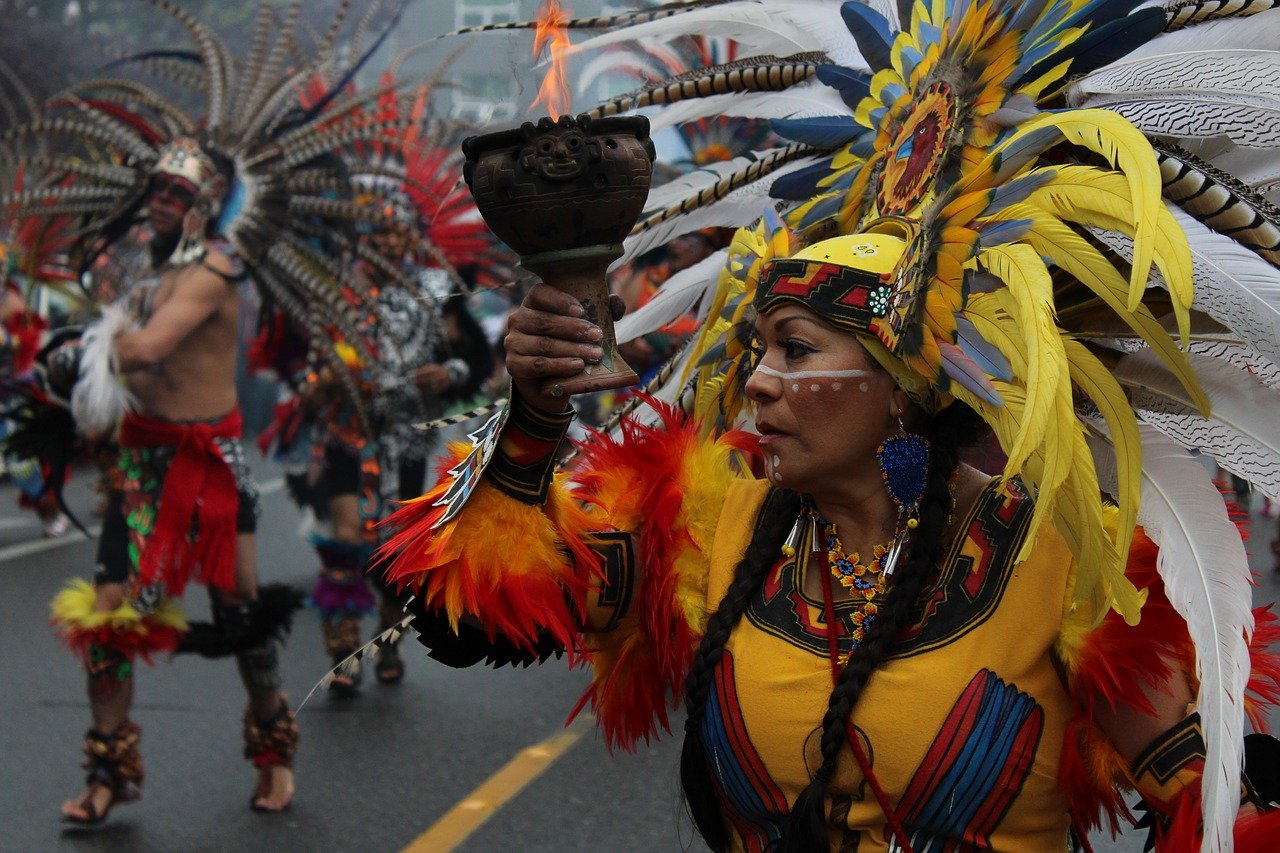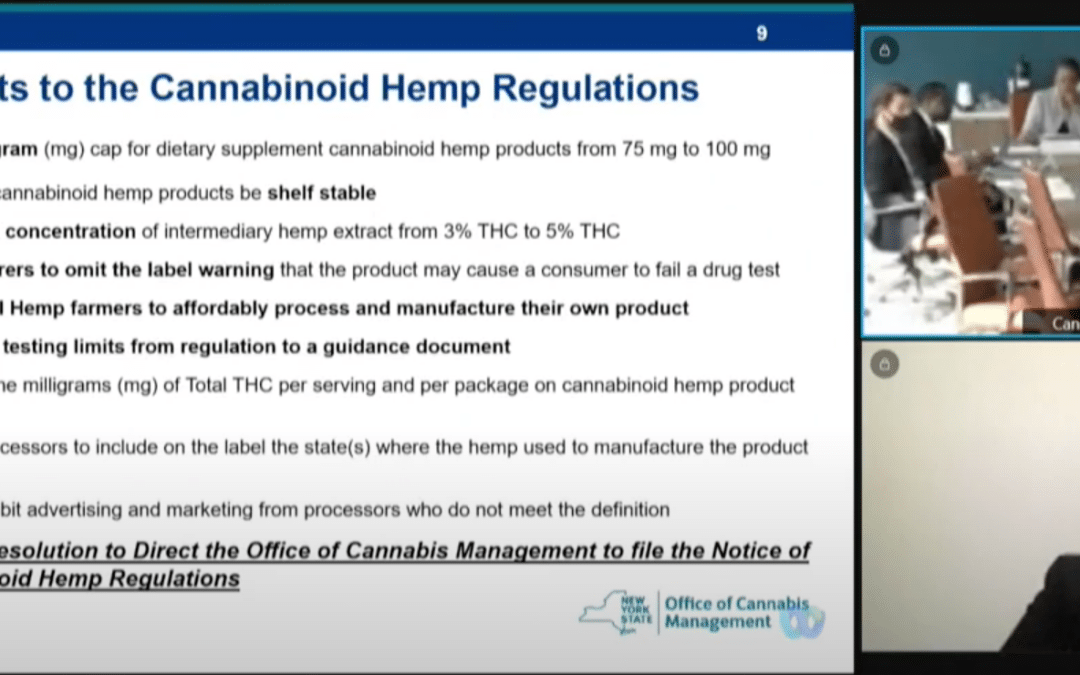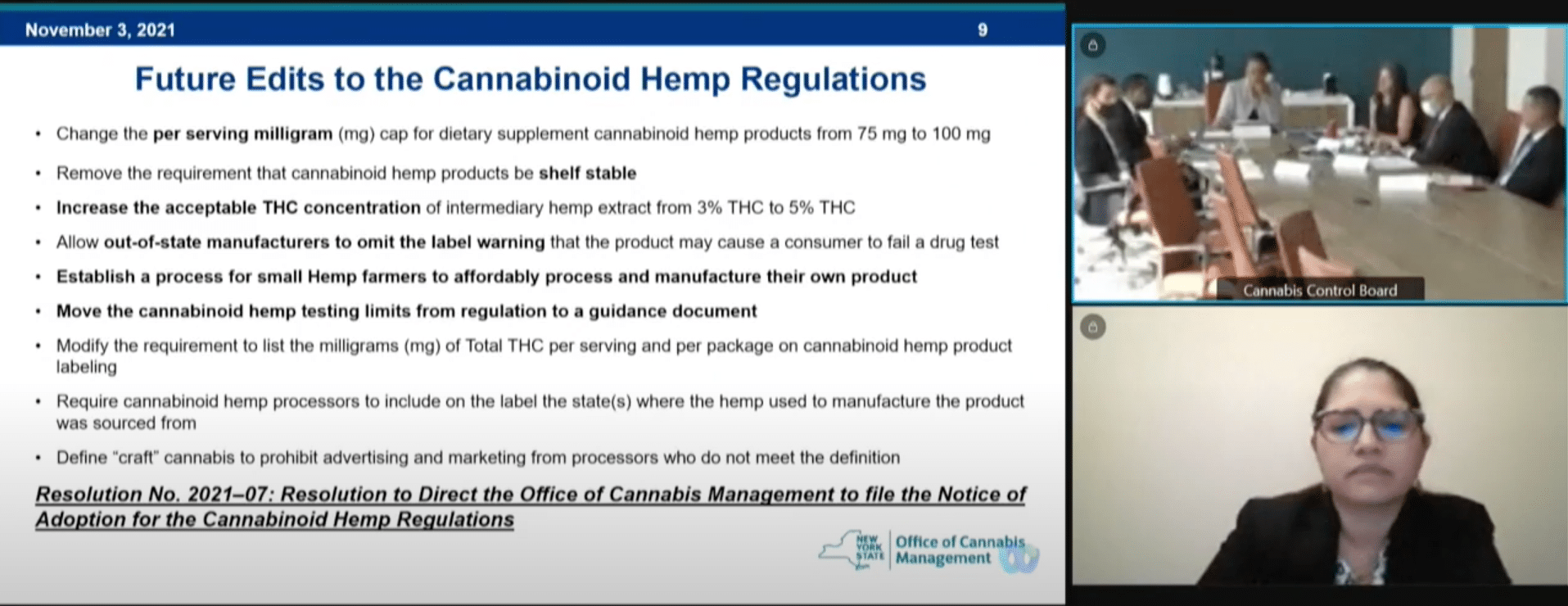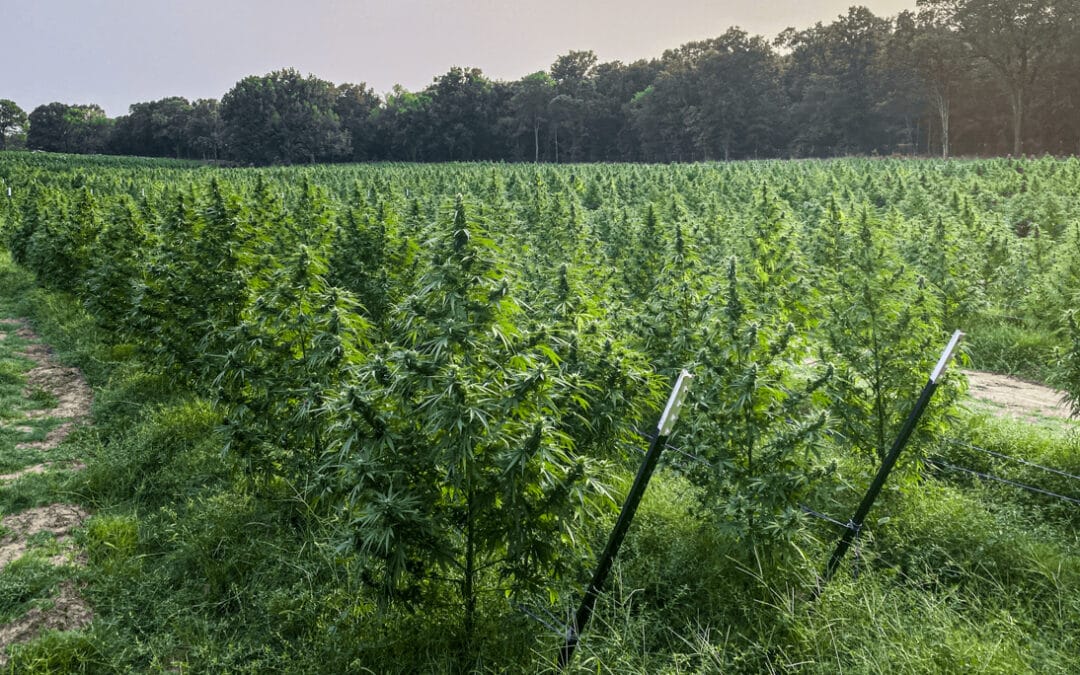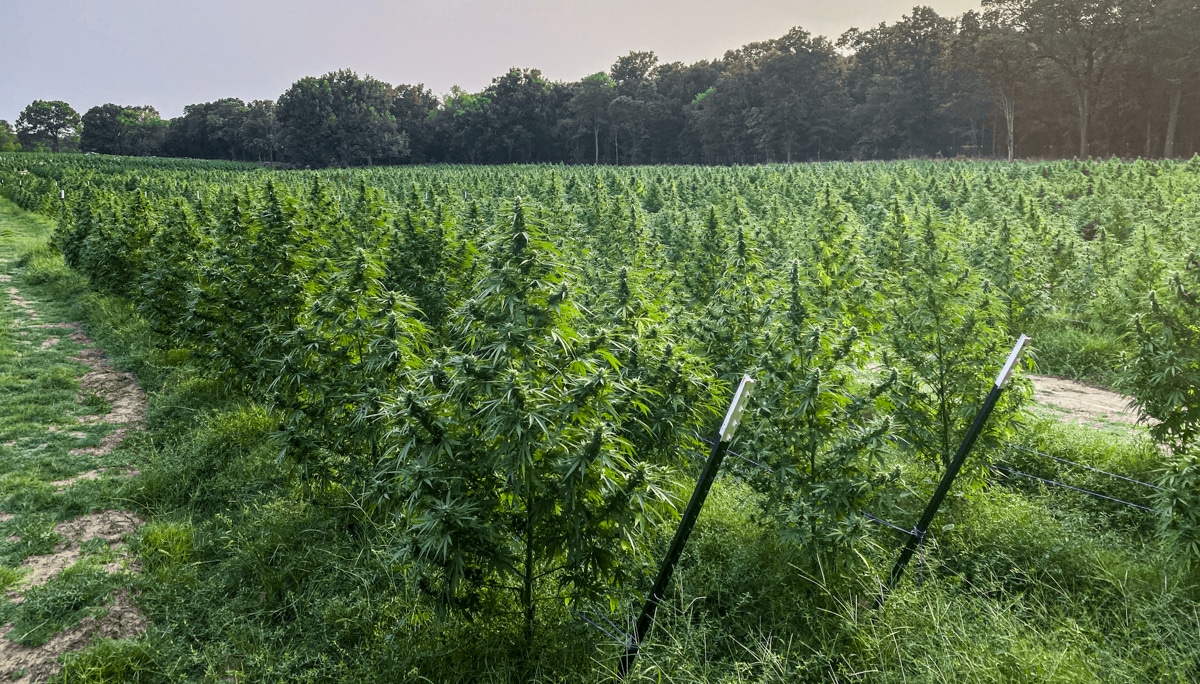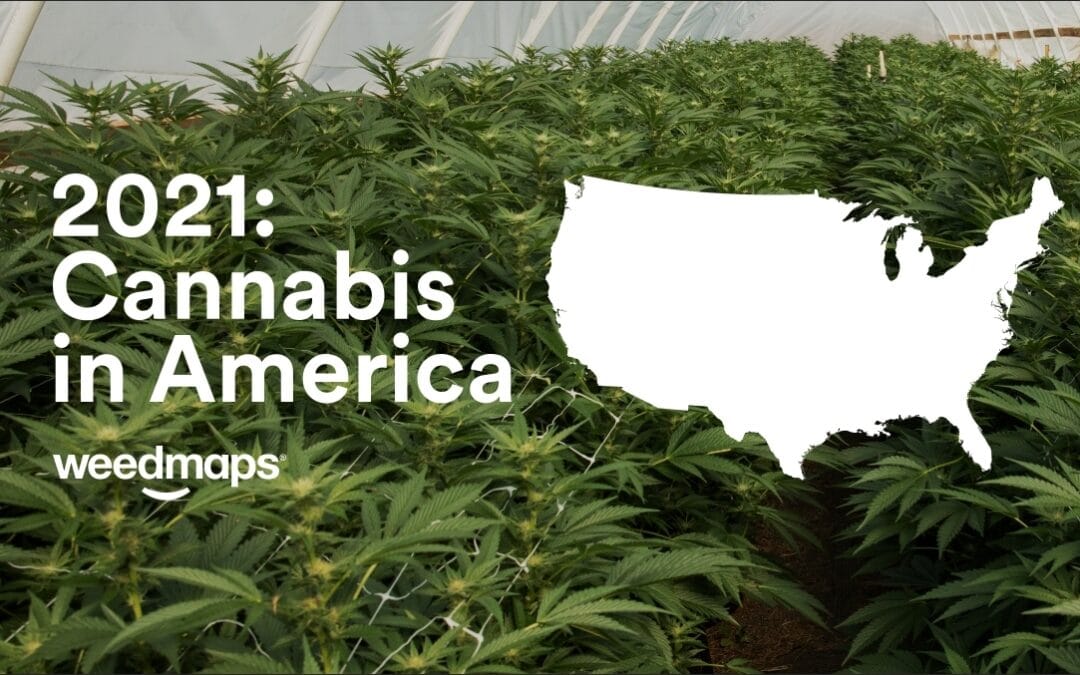
Weedmaps Releases First Data & Insights Report
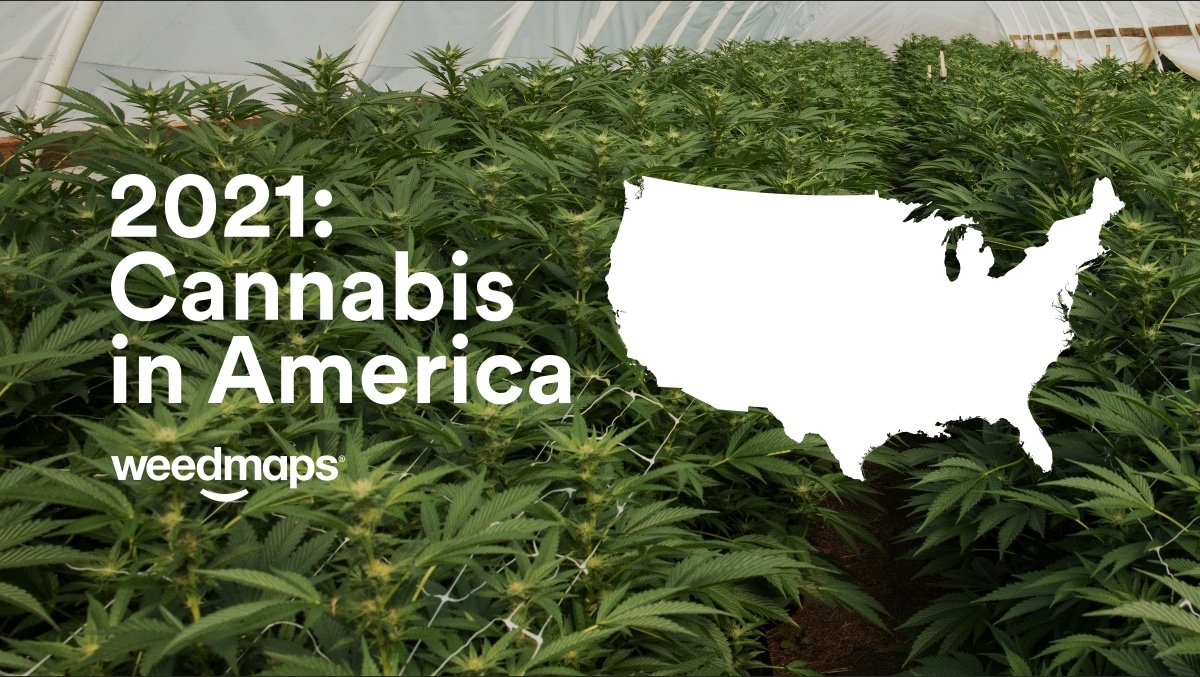
WM Technology, Inc. (“WM Technology” or the “Company”) (Nasdaq: MAPS), a leading technology and software infrastructure provider to the cannabis industry, has released its first data and insights report, titled ‘Cannabis in America’.
This report shares current data and insights indicative of the marketplace, cannabis industry trends, cultural revelations, and the persistent questions at the center of the cannabis conversation in America today. It’s been almost ten years since adult-use cannabis was first legalized in Colorado, and the past 18 months have seen exceptional progress across the United States thanks to expanded legalization and market growth driving the industry to new heights.
View the full release here: https://www.businesswire.com/news/home/20211116005558/en/
“The insights from Weedmaps’ Cannabis in America report validate what we see every day: The stigma around cannabis is fading as it becomes more embedded in our culture and daily lives,” said Chris Beals, CEO of WM Technology. “This report highlights attitudes and trends within the industry by providing data and information directly from consumers – an important step as we work towards the goal of building a transparent and inclusive cannabis economy.”
Beals also added that, “Ultimately, this report represents the first steps of Weedmaps beginning to make its unparalleled levels of cannabis industry data available to policy makers, cannabis business holders and industry investors to help them make more informed and accurate decisions.”
Key takeaways include:
- Cannabis delivery among Generation Z consumers increased by 125% year over year, with overall cannabis delivery increasing by 97%
- The importance of social equity in the cannabis industry is growing, with 46% of cannabis consumers saying they want to patronize women-owned cannabis retailers, and 44% would like to give business to minority- or veteran-owned cannabis establishments
- Cannabis use is being destigmatized, and 72% of cannabis consumers say that everyone or almost everyone knows they use cannabis
- More than one-third, 36%, of Generation Xers believe cannabis is a good way to add tax revenue
Cannabis is big business as consumers are using and ordering more cannabis than ever before
The business of cannabis is entering a critical period as more states are backing cannabis-friendly measures, and efforts are being made towards federal legalization. The cannabis industry has become more sophisticated by appealing to new consumers and featuring distinctive brand elements often seen in more mature categories. New businesses, opportunities, and challenges continue to arise. Now, more than ever, cannabis means business.
- Half (50%) of cannabis consumers said their consumption has increased since the start of the pandemic in March 2020. According to Weedmaps’ orders data, orders in H1 2021 increased by 55%, compared to H1 2020
- While demand across categories remains consistent year over year, almost half (47%) of cannabis consumers believe edibles are becoming more popular. Millennials (ages 25-40) drove demand across categories for both H1 2020 and H1 2021, showing a slight preference for concentrates
- The first half of 2021 saw a significant shift to cannabis delivery (60% vs. 40% in H1 2020)




